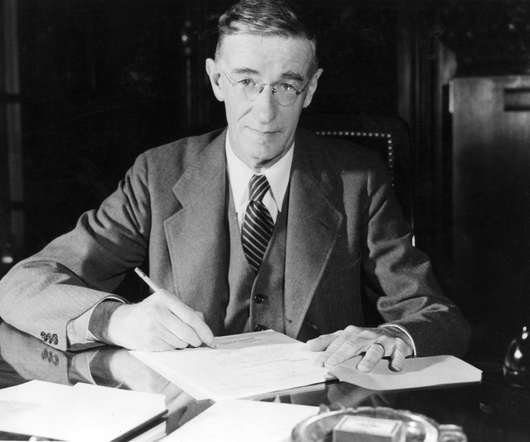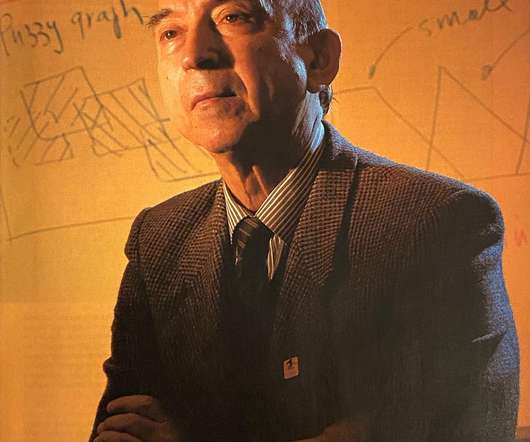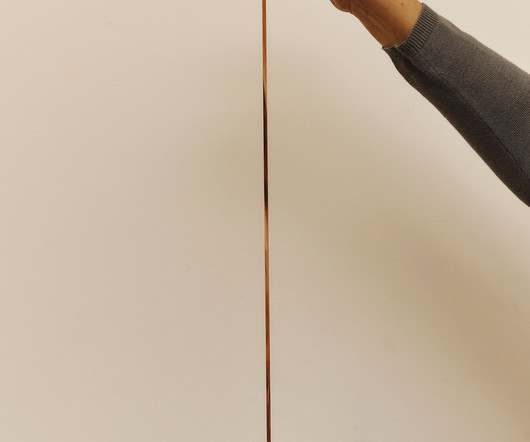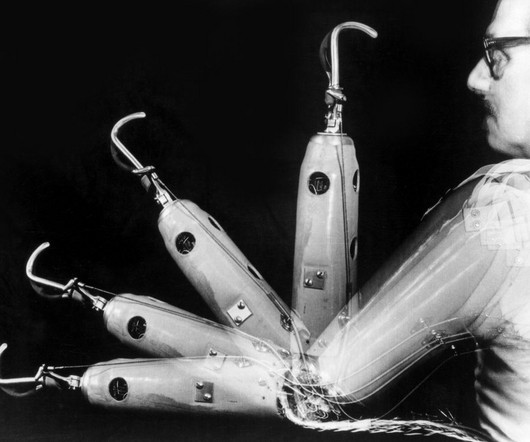MIT Professor’s IoT Sensors Make Roads Safer
Cars That Think
NOVEMBER 12, 2023
Back in 2005, before smartphones were generally available, MIT Professor Hari Balakrishnan was so fed up with commuting delays in Boston that he built a mobile system to monitor road conditions. Today the Massachusetts company is the largest telematics service provider in the world. While pursuing a Ph.D.










































Let's personalize your content